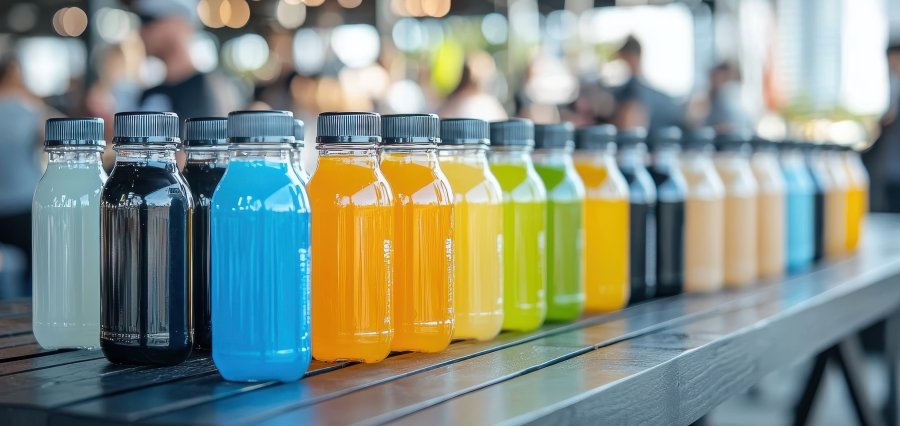Prime Highlights:
- From 2026, UAE soft drink prices will depend on sugar content, making low-sugar drinks cheaper and encouraging healthier choices.
- Beverage companies are reformulating recipes to reduce sugar, lower costs, and offer more “light,” “zero,” and low-sugar options.
Key Facts:
- The UAE is replacing the current flat 50% excise tax on sweetened drinks with a graded volumetric model based on sugar content.
- Over 117 countries, including the UK, Indonesia, and Barbados, have implemented similar sugar tax systems to promote healthier consumption.
Key Background:
From early 2026, UAE shoppers will see changes in soft drink prices. Drinks with less sugar are likely to cost less. The Ministry of Finance and Federal Tax Authority (FTA) said the current 50% flat tax on sweetened drinks will be replaced with a system that taxes drinks based on their sugar content.
Under the new system, drinks with more sugar will have higher taxes, and low-sugar drinks will be taxed less. This gives shoppers a clear reason to choose healthier options.
UAE beverage companies are happy with the change. Local makers, like United Foods Company, say taxing drinks based on sugar is fairer. Many are already changing recipes, especially for juices, to keep profits while offering healthier drinks. Using less sugar also lowers production costs, so companies can pass some savings to customers.
Multinational beverage makers are also adapting. PepsiCo, for instance, plans to ensure that about two-thirds of its Gulf Cooperation Council (GCC) sales come from beverages with 100 calories or less from added sugars per serving. UAE shoppers will see more “light,” “zero,” and low-sugar drinks in stores, giving them healthier choices.
Ordinary sodas and energy beverages might be more, and low-sugar juices and diet sodas might be less. Even when prices fall slightly, families that purchase drinks in large quantities are able to save.
The UAE is becoming one of the 100-plus countries to tax sugar. A similar tax in the UK in 2018 has reduced sugar in soft drinks by almost 40 percent in two years without making the products pricier to shoppers. Countries like Indonesia, Kazakhstan, and Barbados are also introducing similar rules in 2025–26.
By linking prices to sugar content, the UAE is encouraging healthier choices and giving businesses a chance to offer new, lower-sugar drinks.
Read Also : Emirati Home Businesses Drive UAE’s Entrepreneurial Boom




